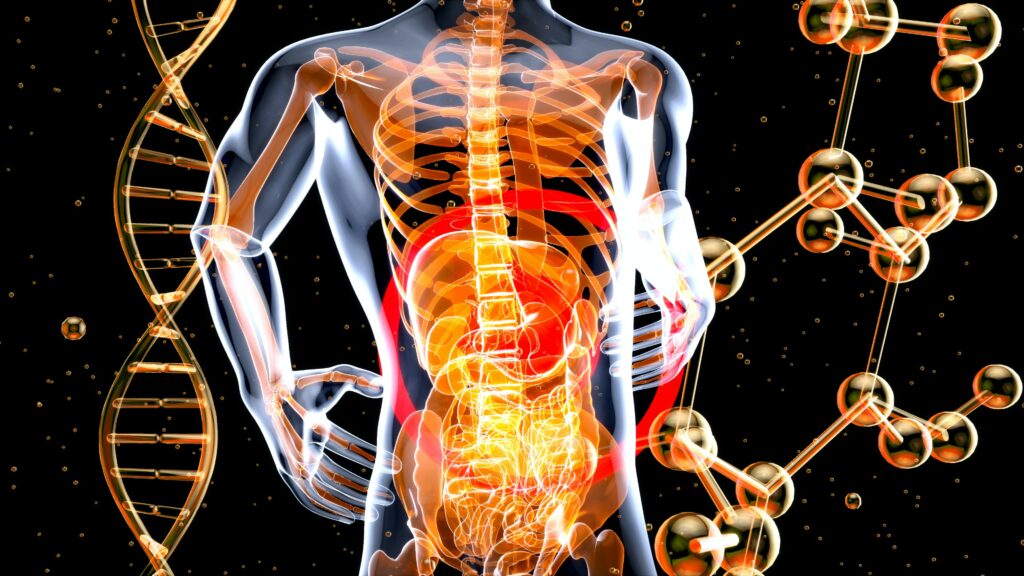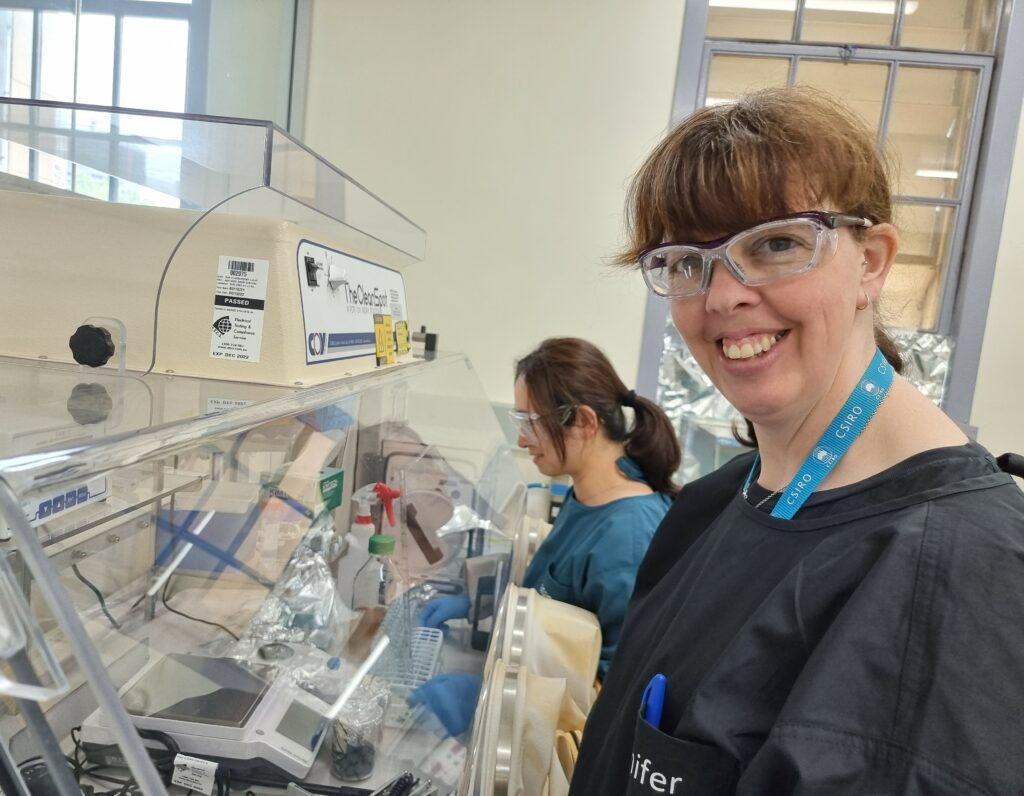Shaping a healthy gut microbiome at early-life through complementary feeding
MOSH researchers are exploring ways to help shape the human gut microbiome through dietary strategies. This aims to promote long-term health and disease prevention from the early stages of life.
The challenge
The gut microbiome plays an important role in health and is strongly influenced by factors in early life. Significant disturbances to the microbiome are associated with many diseases and poor health outcomes, including asthma, inflammatory bowel disease, autism, and obesity. Shaping the gut microbiome toward a healthy configuration in early life is a potential opportunity to prevent the development of microbiome-associated diseases and may benefit host health in the long-term. However, practical targeted strategies to shift the early life gut microbiome toward an optimal composition to promote health are poorly explored.
Our response

Credit – Julien Tromeur.
Diet has a major impact on the gut microbiome. A window of opportunity exists to shape the gut microbiome during the early weaning stage when a diverse range of complex carbohydrates and other dietary components are first introduced. Our strategy for shaping the early-life gut microbiome toward a profile that optimises health and which is resilient towards later life disruptions is through introduction of prebiotic complementary foods. In particular, we wish to examine the potential of complementary foods that deliver a diverse range of fibres that can bolster populations of microbes that produce short chain fatty acids and other metabolites linked to positive health outcomes. Multi-omic techniques, as well as an in vitro fermentation model, will be used to gain a better understanding of microbe-solid food interactions in the large bowel during weaning. Researchers will also screen food ingredients for their prebiotic properties for subsequent targeted dietary interventions. Our research aims to deliver a dietary strategy for shaping an ideal gut microbiome during the weaning period that will lead to life-long health benefits.
The team

MOSH researchers Jennifer Giles and Yanan Wang working in the anaerobic chamber.
